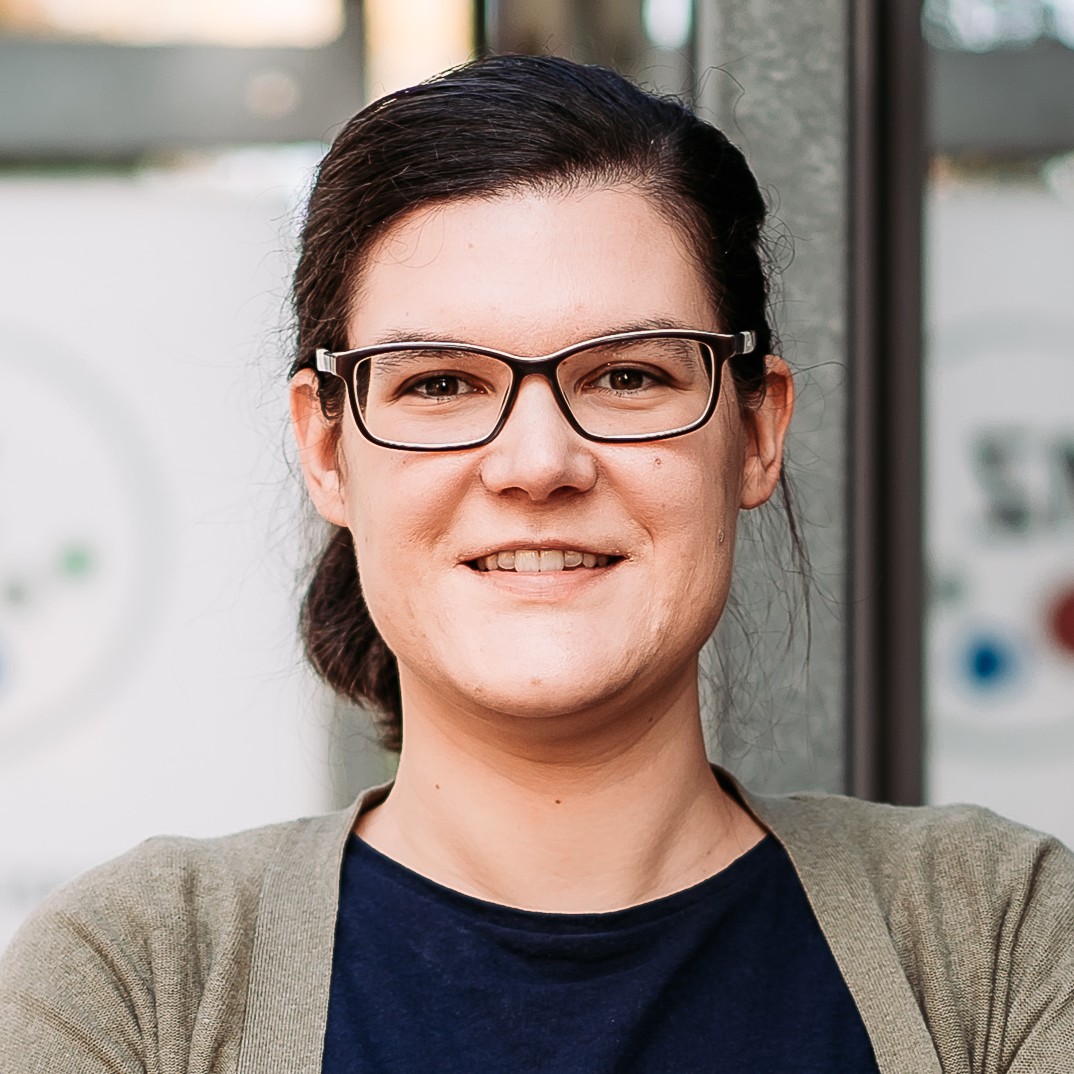Helpdesk
The Helpdesk answers all kinds of questions and issues regarding data management and data analysis
as
well
as queries about the NFDI4Microbiota consortium, services, outreach, community activities, and more.
Anyone, from any institution, can make a request and it is free.
Fill out the contact form or send us an email at helpdesk@nfdi4microbiota.de
(by emailing us you agree to the privacy policy below).
Send us message
FAQs
NFDI is a shortcut for ‚Nationale Forschungsdateninfrastruktur‘, in English: ‚National
research data
infrastructure‘. The non-profit Association German National Research Data Infrastructure
(Nationale
Forschungsdateninfrastruktur (NFDI) e.V.), based in Karlsruhe, was founded in 2020 to
coordinate the
activities for establishing a national research data infrastructure in Germany. The
association in which
“valuable data from science and research are systematically accessed, networked and made
usable in a
sustainable and qualitative manner for the entire German science system” [NFDI e.V.].
The
Federal
Government and all 16 German states jointly support the NFDI and are also the founding
members of the
Association German National Research Data Infrastructure. More information can be found
on
the website of
the NFDI e.V. In this video the DFG explains the aims and goals of the NFDI initiative.
For more details: NFDI Homepage.
For more details: NFDI Homepage.
NFDI4Microbiota is one of the 30 consortia of the German NFDI (National research Data
Infrastructure)
initiative, funded by the Deutsche Forschungsgemeinschaft e.V. (DFG). The vision of the
consortium is to
support microbiology researchers (including bacteriology, virology, protistology,
mycology
and
parasitology) to standardize the translation of research data easily into a deep
understanding of
microbial species and their interactions on a molecular level. The mission of the
NFDI4Microbiota
consortium is to be the central hub in Germany for supporting the microbiology community
with access to
data, analysis services, data/metadata standards and training. Learn more about the work
program here.
For more details: About NFDI4Microbiota.
For more details: About NFDI4Microbiota.
You can stay up to date on our work via this website
or our mailing
list". By signing
up for our mailing list, you will receive a quarterly newsletter and further news from
our
consortium. The newsletter will also be available
here.
There are several ways to participate in the work of NFDI4Microbiota. You can become a
participant, an
ambassador, or join our events,
like our community workshops. The ambassador program is an excellent opportunity for
young
researchers to get involved and
actively influence the work of our consortium.
We are right now working on our future application procedure for new participants.
Therefore, we cannot
accept new participants at the moment. Please regularly check out the participation page
on
our web
portal, or subscribe to our mailing list to stay up-to-date.
The NFDI4Microbiota ambassadors are preferably local staff and especially young
researchers
(PhD students
and Postdocs) from participating and non-participating institutes. We want to train our
ambassadors to
support FAIR data implementation in terms of Open Science in their research group and
institution and are
experts that can be consulted on NFDI4Microbiota topics.
Learn more about the ambassador program.
Learn more about the ambassador program.
You can register via this link.
Research Data Management (RDM) is a series of steps and methods which aim to make
research
data usable over the long term.
These steps include planning, data documentation, data quality control, data processing,
data analysis, data sharing, data publishing,
digital preservation, data discovery, and data reuse. Soon we will provide more
information
on that in a content hub.
In general, everybody can take part in the training courses offered on our website, if
not
indicated differently.
Some courses are organized for specific groups or institutions only but in that case are
indicated as such (closed).
Detailed information on different training courses can be found in our training calendar.





